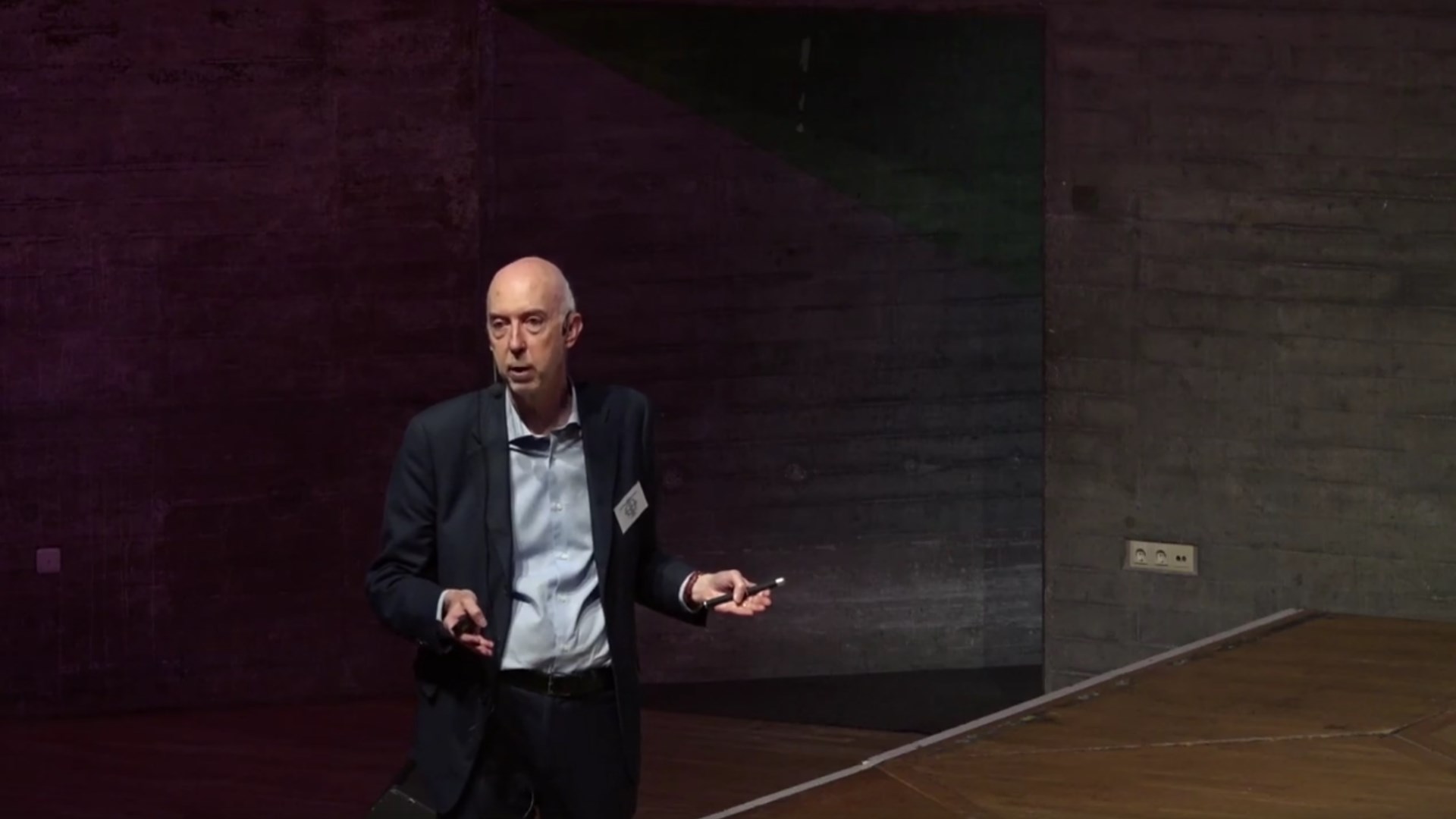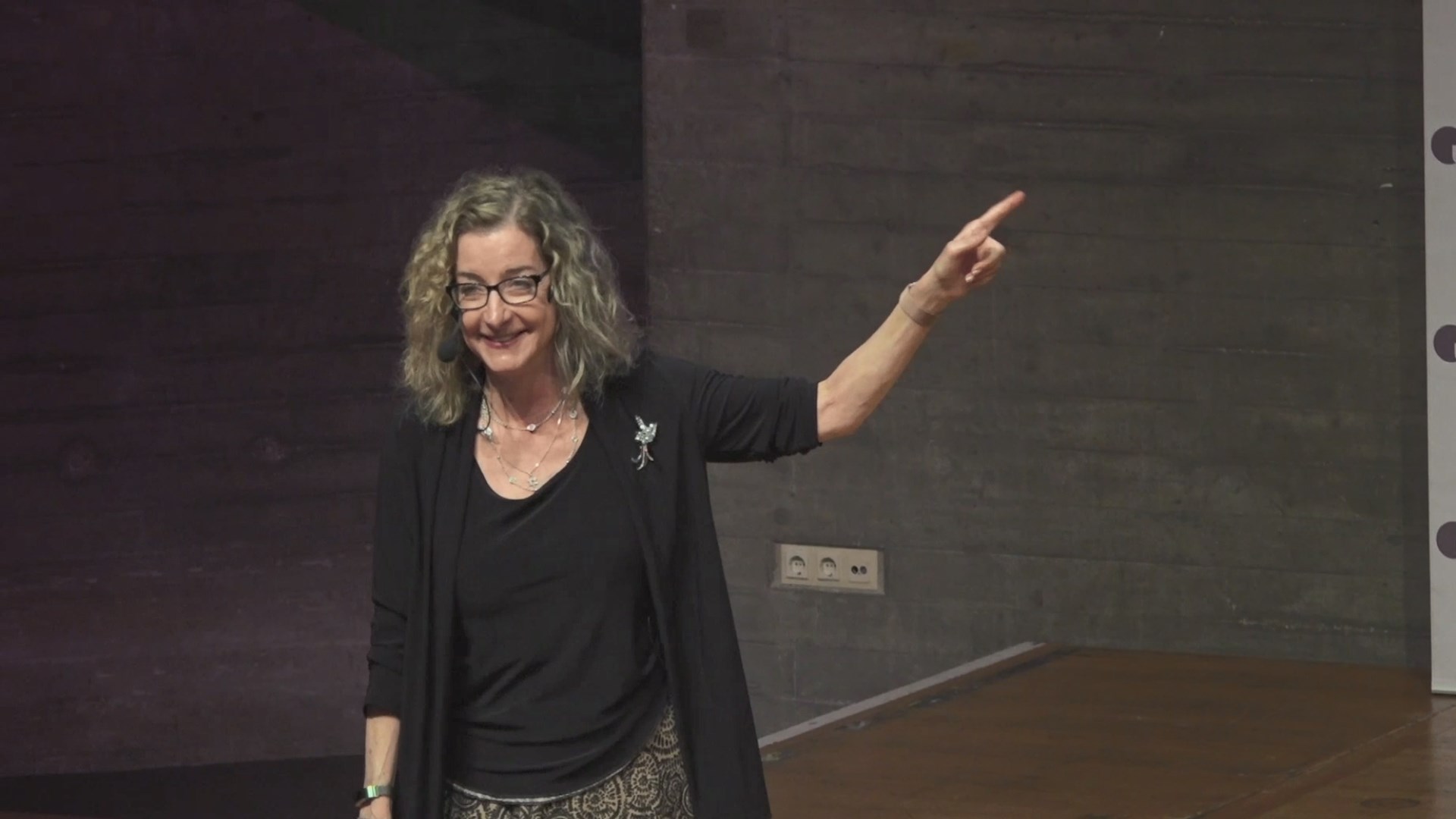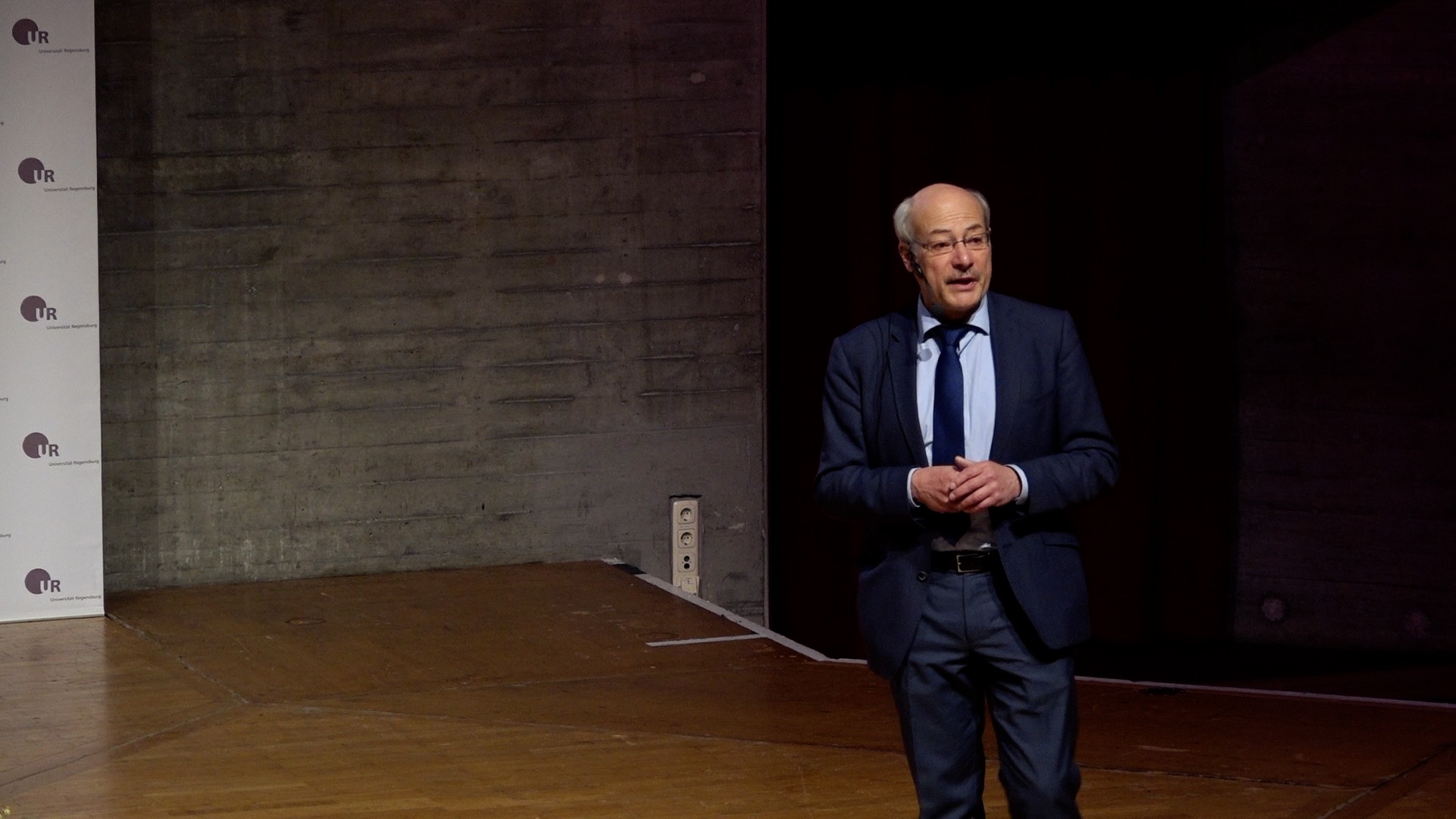DPG-Frühjahrstagung 2019 in Regensburg
Alle Informationen zur DPG-Frühjahrstagung an der Universität Regensburg finden Sie auf der Tagungswebseite regensburg19.dpg-tagungen.de.
The overproduction of truth.
Passion, competition and, integrity in modern science
Gianfranco Pacchioni (University Milano-Bicocca)
The way science is done has changed radically in recent years. Scientific research and institutions, which have long been characterized by passion, dedication and reliability, have increasingly less capacity for more ethical pursuits, and are pressed by hard market laws. From the vocation of a few, science has become the profession of many, possibly too many. These trends come with consequences and risks, such as the rise in fraud, plagiarism, and in particular the sheer volume of scientific publications, often of little relevance. We will critically review and assess the present-day policies and behaviors in scientific production and publication. We will touch on the tumultuous growth of scientific journals, in parallel with the growth of self-declared scientists over the world. We will investigate the loopholes and hoaxes of pretend journals and nonexistent congresses, so common today in the scientific arena, and discuss problems connected to the incorrect use of bibliometric indices, which have resulted in large part from the above distortions of scientific life. The solution? A slow approach with more emphasis on quality rather than quantity that will help us to rediscover the essential role of the responsible scientist.
The Dark Energy of Quantum Materials
Laura H Greene (National MagLab and Florida State University)
The nearly 80-year-old correlated electron problems remain largely unsolved; with one (of two) stunning success being BCS electron-phonon mediated conventional superconductivity. There are dozens of families of superconductors that are unconventional including the high-Tc cuprates, iron-based, and heavy fermions. Although these materials are disparate in many properties, some of their fundamental properties are strikingly similar, including their ubiquitous phase diagram; with intriguing correlated-electron phases above the superconducting transition. These remain among the greatest unsolved problems in physics, today; and a fun analogy stressing this will be presented. I will start with a short introduction to the MagLab.
Linking the International System of Units to Fundamental Constants
Prof. Dr. Joachim Ullrich (Physikalisch-Technische Bundesanstalt)
In November 2018, the General Conference for Weights and Measures, CGPM, established by the Metre Convention in 1875, decided on the revision of the International System of Units (SI). The signatory states of the Metre Convention represent about 98 % of the world's economic power and, thus, the SI is the very foundation of global, international trade and the reliability of measurements worldwide. As suggested by Max Planck when postulating the "Planck constant" in 1900, the revised SI shall be based on fixing the numerical values of "defining constants": the velocity of light, the elementary charge, the Boltzmann, Avogadro and the Planck constants, the Cs hyperfine clock transition and the luminous efficacy. The revision is based on our present theoretical understanding of the microscopic world and is meant to ensure that the units are valid and realizable "for all times and civilizations, throughout the Universe" as envisioned by Max Planck. The talk will give an overview on the revised SI and its advantages as compared to the previous definitions, focusing in particular on future perspectives for innovative technologies. The question of whether the "defining fundamental constants" are indeed constant in time and the topic of next generation clocks will be addressed briefly.


